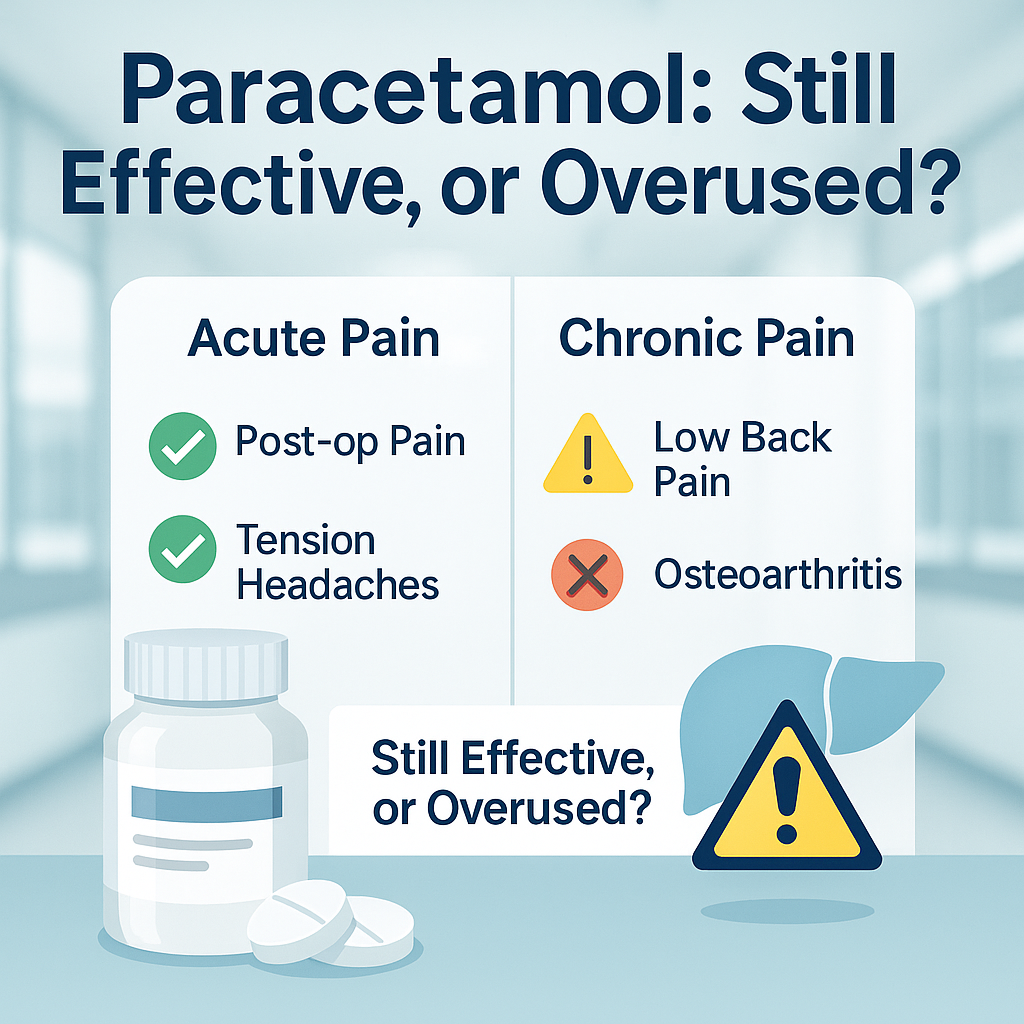In the vast landscape of medicine, no field is as inherently hopeful and uniquely challenging as pediatrics. Dedicated to the physical, mental, and social health of infants, children, and adolescents, pediatrics serves as the foundation for a healthy future generation. Unlike adult medicine, pediatric care focuses on individuals in constant states of growth and development, where physiological systems are maturing, and communication can be a complex art. This comprehensive guide will explore the essence of pediatrics, its unique approach to patient care, the common conditions it addresses, the pillars of preventive health, the latest advancements, and the intricate ethical dilemmas that shape this vital medical discipline.
I. What is Pediatrics?
Pediatrics is the branch of medicine that deals with the medical care of infants, children, and adolescents. The age range typically covered by pediatrics is from birth up to 18-21 years of age, though this can vary by region and individual circumstances. The core role of a pediatrician is to manage the health of children, which includes physical, mental, and emotional well-being.
A pediatrician is a medical doctor who has completed specialized training in child health. This rigorous training equips them with expertise in diagnosing and treating diseases, infections, injuries, and other health problems in children. Unlike family doctors who treat patients of all ages, pediatricians possess in-depth knowledge of child-specific conditions, developmental milestones, and the unique physiological differences between children and adults. For instance, drug dosages, disease presentations, and psychological responses often differ significantly in children, requiring specialized understanding. Their focus is not only on treating illness but also on preventive health, growth monitoring, and guiding parents through the various stages of child development.
II. The Unique Nature of Pediatric Care
Caring for children presents distinct challenges and requires a specialized approach that differs significantly from adult medicine.
- Rapid Growth and Development: Children are not simply small adults; they are constantly growing and evolving. Pediatricians must have a profound understanding of normal growth patterns, developmental milestones (e.g., walking, talking, social skills), and cognitive development. Deviations from these norms can signal underlying issues that require early intervention.
- Communication Challenges: Infants and young children cannot articulate their symptoms effectively. Pediatricians rely on keen observation, parental reports, and a unique ability to communicate with children at their developmental level. This often involves playful interactions, patience, and interpreting non-verbal cues.
- Family-Centered Care: Pediatric care inherently involves the family. Parents or guardians are crucial partners in treatment decisions, adherence to medication, and implementing lifestyle changes. Pediatricians adopt a family-centered approach, considering the family’s dynamics, cultural background, and resources when planning care.
- Preventive Focus: A cornerstone of pediatrics is prevention. Proactive measures such as vaccinations, nutritional guidance, and safety counseling play a monumental role in preventing illness and injury, establishing healthy habits that last a lifetime.
III. Key Areas and Sub-specialties in Pediatrics
While general pediatrics serves as the primary care for most children, the complexity of pediatric health has led to numerous sub-specialties addressing specific medical needs:
- General Pediatrics: Provides comprehensive primary care, including well-child visits, immunizations, and management of common illnesses.
- Neonatology: Focuses on the medical care of newborn infants, especially premature or sick newborns, often in Neonatal Intensive Care Units (NICUs).
- Pediatric Cardiology: Deals with heart conditions in children, from congenital heart defects to acquired heart diseases.
- Pediatric Oncology: Specializes in the diagnosis and treatment of cancers in children.
- Pediatric Neurology: Addresses disorders of the brain, spinal cord, nerves, and muscles in children, such as epilepsy, cerebral palsy, and developmental delays.
- Pediatric Gastroenterology: Focuses on digestive system, liver, and nutritional problems in children.
- Pediatric Pulmonology: Manages respiratory conditions like asthma, cystic fibrosis, and chronic lung diseases.
- Developmental-Behavioral Pediatrics: Specializes in developmental and behavioral problems, including autism spectrum disorder, ADHD, and learning disabilities.
- Adolescent Medicine: Focuses on the unique physical, psychological, and social health needs of adolescents (typically ages 12-21).
- Pediatric Endocrinology: Treats hormonal and metabolic disorders like diabetes, growth disorders, and thyroid conditions.
- Pediatric Nephrology: Specializes in kidney diseases in children.
These sub-specialties ensure that children receive expert care tailored to their specific, complex medical needs.
IV. Common Pediatric Conditions and Concerns
Children face a range of health challenges unique to their age and developmental stage:
- Infancy (0-1 year):
- Colic: Persistent, unexplained crying.
- Feeding Issues: Reflux, allergies, latching problems.
- Diaper Rash: Common skin irritation.
- Infant Infections: Respiratory syncytial virus (RSV), bronchiolitis.
- Early Childhood (1-5 years):
- Common Infections: Colds, flu, ear infections (otitis media), strep throat.
- Allergies and Asthma: Often manifesting early in life.
- Developmental Delays: Speech, motor skills, social interaction.
- Injuries: Falls, poisoning, burns (due to increased mobility and exploration).
- School-Age (6-12 years):
- Learning Disabilities: Dyslexia, dyscalculia.
- Attention-Deficit/Hyperactivity Disorder (ADHD): Issues with focus, hyperactivity, impulsivity.
- Obesity: Growing concern due to lifestyle factors.
- Sports Injuries: As children become more active.
- Mental Health: Early signs of anxiety or depression.
- Adolescence (13-21 years):
- Mental Health: Increased prevalence of anxiety disorders, depression, eating disorders, and substance use.
- Reproductive Health: Puberty, sexual health education, contraception.
- Sports Injuries: More severe injuries due to higher impact sports.
- Chronic Illness Management: Transitioning from pediatric to adult care for conditions like diabetes, cystic fibrosis.
V. The Pillars of Pediatric Healthcare
Effective pediatric care rests on several fundamental pillars:
- Preventive Care:
- Vaccinations: A monumental achievement in public health, vaccines protect children from numerous infectious diseases like measles, polio, and tetanus. Pediatricians adhere to strict immunization schedules, and also educate parents on the critical importance of vaccines, addressing common concerns and vaccine hesitancy based on scientific evidence.
- Well-Child Visits: Regular check-ups are essential for monitoring growth (height, weight, head circumference), tracking developmental milestones, screening for potential issues (e.g., vision, hearing), and providing anticipatory guidance to parents on safety, nutrition, and behavior at each stage.
- Nutrition and Healthy Lifestyle: Promoting healthy eating habits, regular physical activity, and adequate sleep from an early age is crucial for preventing chronic diseases like obesity and type 2 diabetes later in life.
- Diagnosis and Treatment:
- Child-Friendly Approaches: Diagnostic procedures and treatments are often adapted to minimize stress and discomfort for children, using age-appropriate language, distraction techniques, and child-sized equipment.
- Diagnostic Tools: Pediatricians utilize a range of diagnostic tools, from routine blood tests to advanced imaging techniques like MRI, with considerations for radiation exposure and sedation when necessary.
- Pharmacology for Children: Children’s bodies metabolize drugs differently than adults, requiring specific pediatric dosing and careful monitoring for side effects.
- Family Involvement: The active participation of parents or guardians is vital. Pediatricians educate families, empower them to make informed decisions, and support them in implementing care plans at home. This collaborative approach ensures that the child’s environment is conducive to healing and healthy development.
VI. Advancements and Future of Pediatrics
The field of pediatrics is dynamic, constantly evolving with scientific and technological breakthroughs:
- Genetic Testing and Personalized Medicine: Advances in genomics allow for earlier diagnosis of rare genetic disorders and can inform personalized treatment plans, including pharmacogenomics to optimize drug dosages for individual children.
- Neonatal Intensive Care Advancements: NICUs have made incredible strides, significantly improving survival rates and long-term outcomes for premature and critically ill newborns, with innovations in respiratory support, nutrition, and infection control.
- Vaccine Development: Ongoing research leads to new and improved vaccines, offering broader protection against infectious diseases and even exploring therapeutic vaccines for certain conditions.
- Telehealth and Digital Tools: Tele-pediatrics has expanded access to care, especially in rural or underserved areas. Digital health apps, remote monitoring devices, and online parent resources are becoming integral parts of pediatric practice.
- Focus on Mental Health Integration: There’s a growing recognition of the importance of integrating mental health screening and early intervention into routine pediatric care, addressing issues like anxiety, depression, and ADHD more proactively.
- Artificial Intelligence (AI) in Pediatric Diagnostics: AI is beginning to assist in diagnosing rare diseases, analyzing medical images, and predicting disease progression, potentially enhancing diagnostic accuracy and efficiency in children.
VII. Challenges and Ethical Considerations in Pediatrics
Despite its advancements, pediatrics navigates complex challenges and profound ethical dilemmas:
- Informed Consent vs. Assent: Children, especially younger ones, cannot provide full informed consent. Pediatricians must obtain parental consent while also seeking the child’s “assent” (agreement) to treatment when developmentally appropriate, respecting their emerging autonomy. This balance can be delicate, particularly in cases where a child’s wishes conflict with parental decisions.
- Child Abuse and Neglect: Pediatricians are often at the forefront of identifying and reporting suspected cases of child abuse and neglect. This carries a heavy ethical responsibility, balancing the duty to protect the child with maintaining patient confidentiality and family trust.
- Resource Allocation for Rare Pediatric Diseases: Many rare pediatric conditions require extremely expensive treatments or specialized care. Ethical questions arise regarding equitable access to these limited resources and the allocation of healthcare budgets.
- Balancing Parental Wishes with the Child’s Best Interest: Sometimes, parental decisions about a child’s medical care (e.g., refusing life-saving treatment based on religious beliefs, demanding non-evidence-based therapies) may conflict with the pediatrician’s assessment of the child’s best medical interest. This can lead to complex legal and ethical disputes.
- Health Disparities and Access to Care: Socioeconomic status, race, ethnicity, and geographic location significantly impact children’s access to quality pediatric care, leading to disparities in health outcomes. Addressing these inequities is a major ethical imperative.
- Addressing Vaccine Hesitancy: While vaccines are scientifically proven to be safe and effective, persistent vaccine hesitancy poses a public health risk. Pediatricians face the ethical challenge of educating families and promoting vaccination while respecting parental autonomy.
Conclusion
Pediatrics stands as a cornerstone of public health, dedicating itself to nurturing the most vulnerable members of society. By understanding the unique developmental stages of children and adopting a holistic, family-centered approach, pediatricians play an indispensable role in ensuring physical, mental, and emotional well-being from birth through adolescence. Despite the ongoing challenges and ethical complexities inherent in caring for minors, the continuous advancements in medical science and technology promise an even brighter future for child healthcare. The enduring commitment to advancing pediatric knowledge and practice ensures that every child has the best possible start in life, laying the groundwork for a healthier, more resilient, and thriving future generation.


